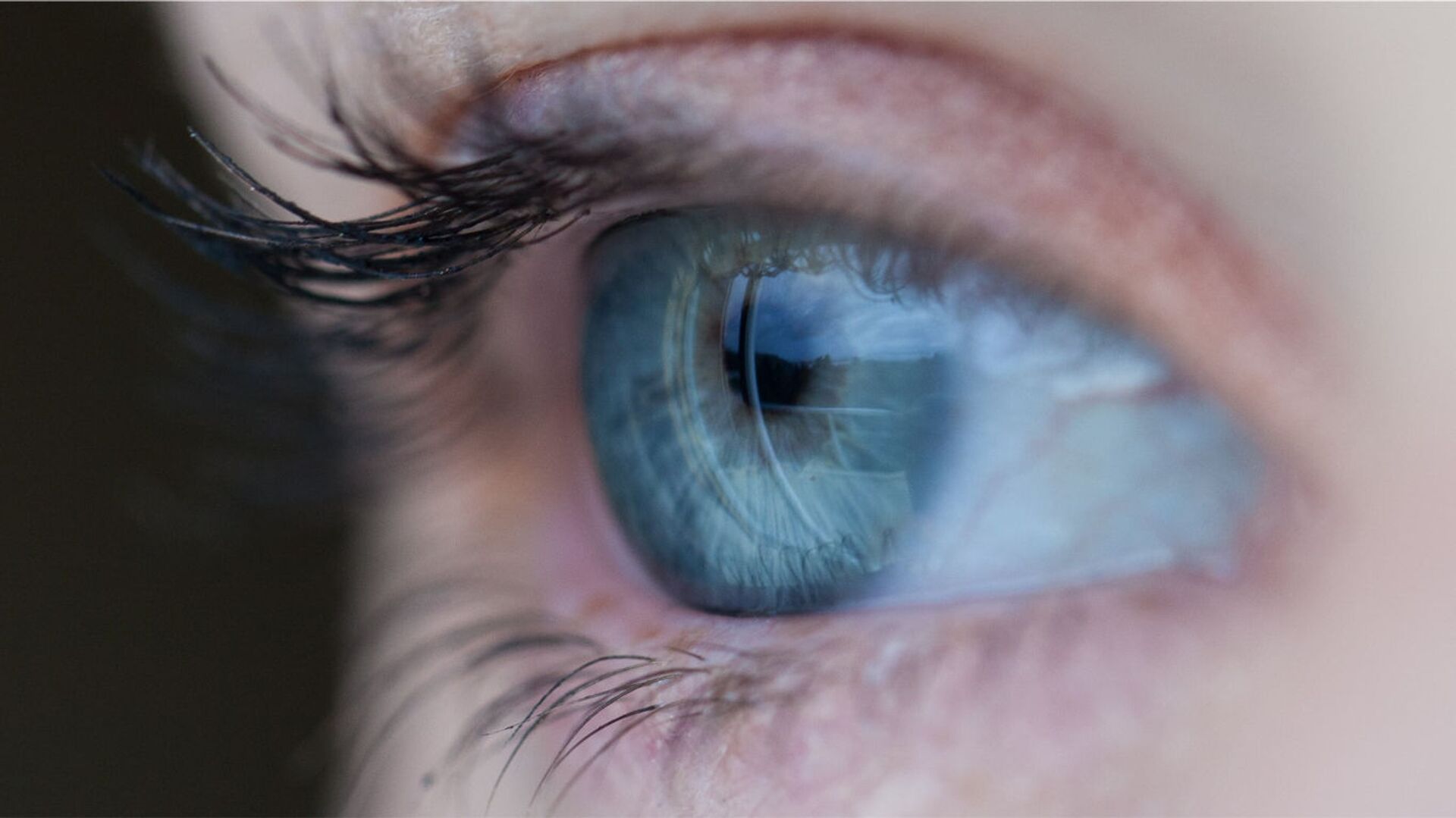
Spain - (Saba):
A new study conducted by a group of ophthalmologists in southern Spain has revealed the risks climate change poses to eye health.
According to Russia's Sputnik news agency, several well-known factors affect eye health, including exposure to ultraviolet (UV) rays, genetics, and aging—all of which can lead to cataracts, a condition that affects nearly 94 million people. Cataracts cause the eye’s lens to become cloudy, resulting in blurred vision. However, in this new study, researchers identified an additional factor contributing to cataracts and other eye disorders: climate change.
Climate change increases the risk of certain diseases that negatively affect eye health in multiple ways. For instance, body temperatures rising to 40°C (104°F) can result in heatstroke, a condition that disrupts biological processes throughout the body.
Lucía Echevarría Lucas, an ophthalmologist at La Axarquía Hospital in Málaga Province, Spain, explained that heatstroke damages the body's natural defense systems, which usually help prevent the buildup of harmful molecules known as reactive oxygen species.
Cataracts are one of the leading causes of vision impairment worldwide. However, climate change is also contributing to a rise in other eye diseases. These include keratitis (inflammation of the cornea, the clear outer layer of the eye), pterygium (an overgrowth of fleshy pink tissue on the white part of the eye known as the sclera), and conjunctivitis (infection or irritation of the eye).
Studies have shown that temperatures exceeding 28.7°C increase the risk of conjunctivitis by approximately 16% compared to daily temperatures around 10.7°C.
Dr. Malik Kahook, an ophthalmologist at the University of Colorado School of Medicine, added that longer pollen seasons and increased mold growth—both linked to climate change—also contribute to a rise in allergy-related conjunctivitis.
A new study conducted by a group of ophthalmologists in southern Spain has revealed the risks climate change poses to eye health.
According to Russia's Sputnik news agency, several well-known factors affect eye health, including exposure to ultraviolet (UV) rays, genetics, and aging—all of which can lead to cataracts, a condition that affects nearly 94 million people. Cataracts cause the eye’s lens to become cloudy, resulting in blurred vision. However, in this new study, researchers identified an additional factor contributing to cataracts and other eye disorders: climate change.
Climate change increases the risk of certain diseases that negatively affect eye health in multiple ways. For instance, body temperatures rising to 40°C (104°F) can result in heatstroke, a condition that disrupts biological processes throughout the body.
Lucía Echevarría Lucas, an ophthalmologist at La Axarquía Hospital in Málaga Province, Spain, explained that heatstroke damages the body's natural defense systems, which usually help prevent the buildup of harmful molecules known as reactive oxygen species.
Cataracts are one of the leading causes of vision impairment worldwide. However, climate change is also contributing to a rise in other eye diseases. These include keratitis (inflammation of the cornea, the clear outer layer of the eye), pterygium (an overgrowth of fleshy pink tissue on the white part of the eye known as the sclera), and conjunctivitis (infection or irritation of the eye).
Studies have shown that temperatures exceeding 28.7°C increase the risk of conjunctivitis by approximately 16% compared to daily temperatures around 10.7°C.
Dr. Malik Kahook, an ophthalmologist at the University of Colorado School of Medicine, added that longer pollen seasons and increased mold growth—both linked to climate change—also contribute to a rise in allergy-related conjunctivitis.